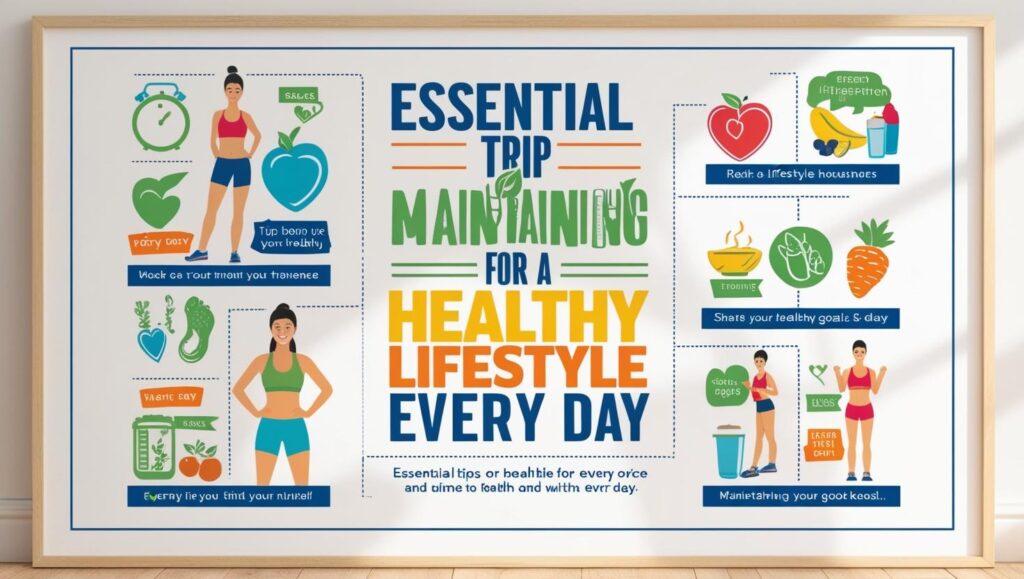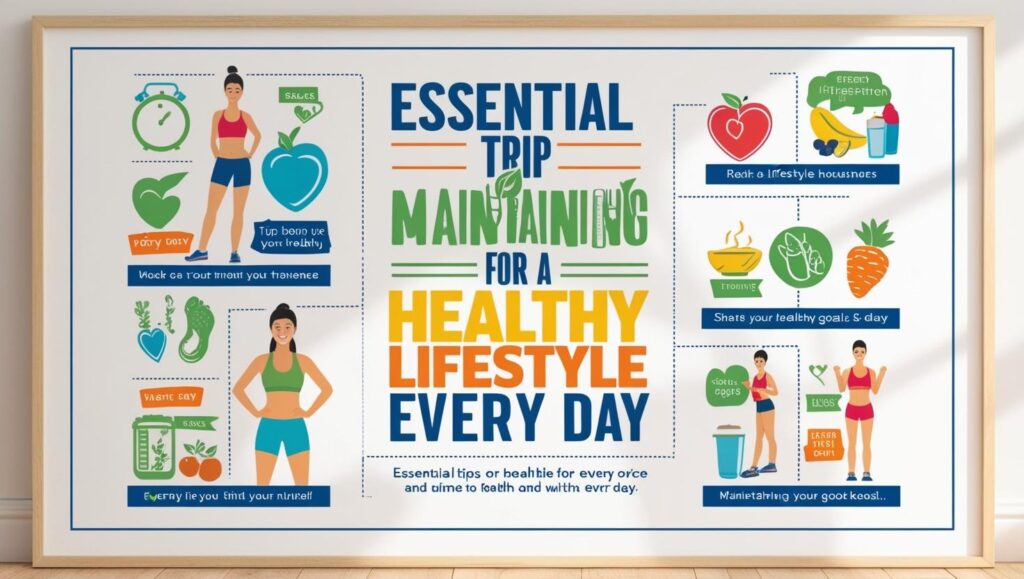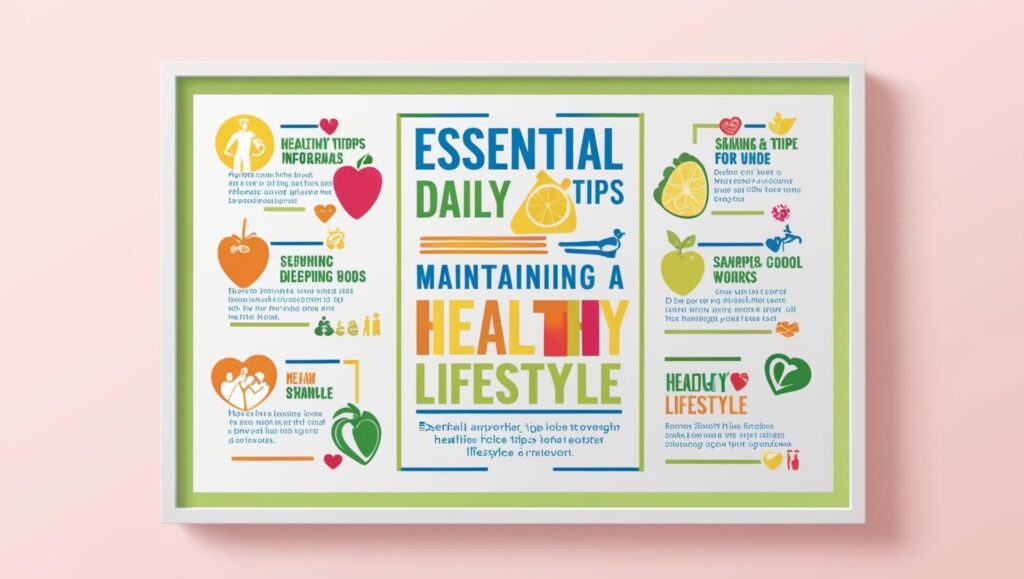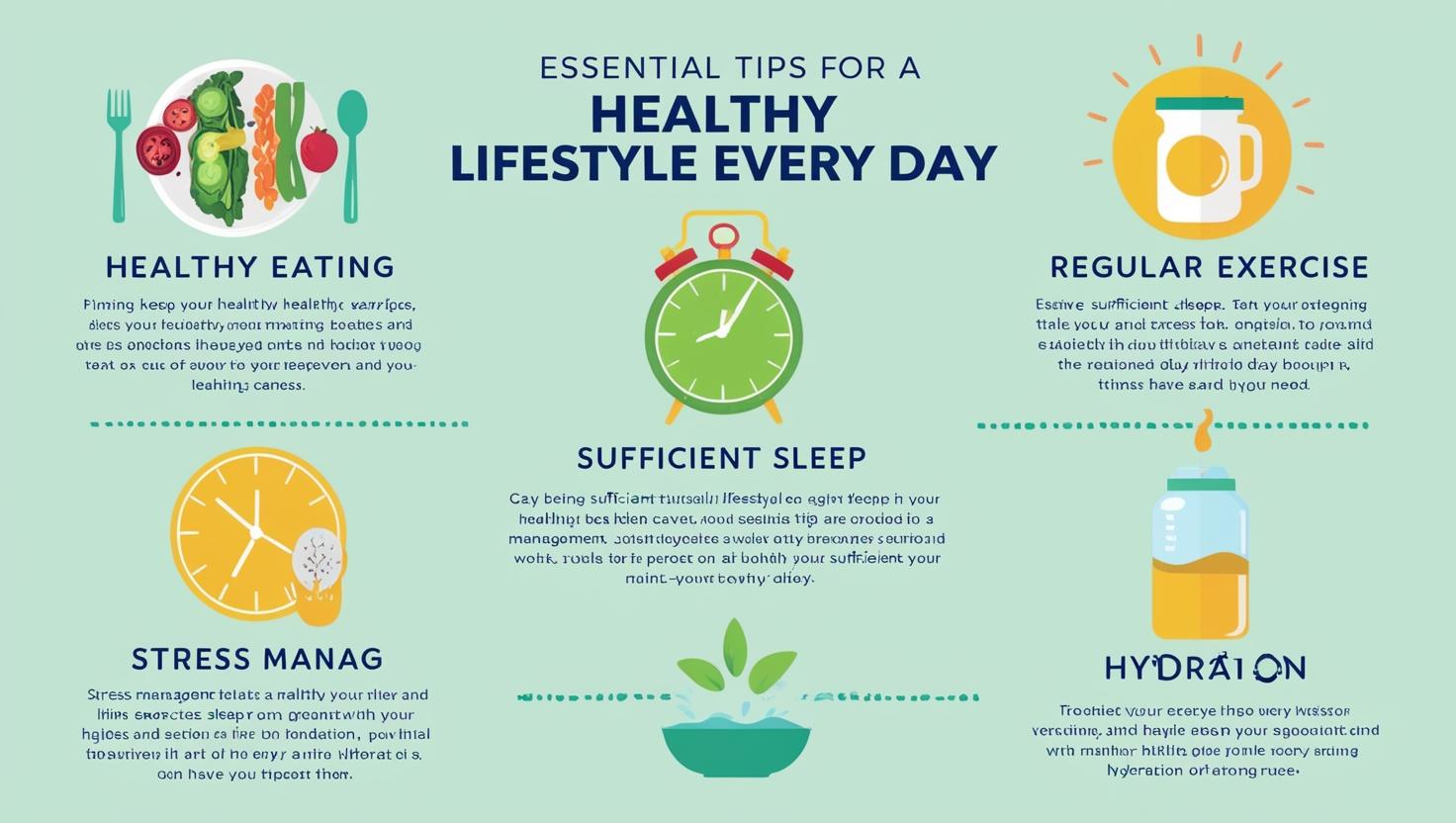What You Need to Know About Preventive Medicine: A Guide to Staying Healthy
Preventive medicine is a proactive approach to maintaining health and preventing disease. It empowers individuals to take charge of their well-being with strategies that emphasize early detection, lifestyle adjustments, and community efforts. By focusing on prevention, you can reduce your risk of chronic conditions, improve your quality of life, and contribute to a healthier future. This comprehensive guide will walk you through the essentials of preventive medicine, with actionable tips and insights to help you stay on the path to wellness.

Index
- What is Preventive Medicine?
- Objectives and Importance
- Key Areas of Preventive Medicine
- Strategies for Preventive Health
- The Benefits of Preventive Medicine
- Final Thoughts
What is Preventive Medicine?

Preventive medicine is a branch of healthcare focused on stopping illnesses before they start. It includes regular health screenings, vaccinations, and promoting healthier behaviors. By addressing risk factors early, this approach prioritizes long-term well-being over reactive medical treatments. It benefits individuals and contributes to reduced healthcare costs for society.
Objectives and Importance
The primary goal of preventive medicine is to keep people healthy. It emphasizes early detection, lifestyle changes, and community-focused initiatives to reduce disease risk. Investing in prevention leads to reduced healthcare costs and improved quality of life for individuals and communities alike. Empowering people to make informed decisions about their health is the heart of this approach.
Key Areas of Preventive Medicine
Adolescent Health
Adolescence is a critical time for building lifelong healthy habits. Regular doctor visits ensure physical and mental development is on track. Conversations about nutrition, substance use, and mental health help teenagers make better decisions. Encouraging open communication and supporting teens through community programs lays the foundation for healthier adulthood.
Cancer Prevention
Preventing cancer starts with awareness. Key steps include eating a balanced diet, exercising regularly, avoiding tobacco, and limiting alcohol consumption. Early screening tests like mammograms or colonoscopies make a big difference, especially for those with a family history of cancer. Vaccinations, like the HPV vaccine, also provide protection.
Community Health Initiatives
Community health programs focus on improving public health through targeted interventions. These often address issues like obesity, smoking, and access to healthcare. Education, outreach events, and free screenings empower communities to take control of their health while creating a supportive network of resources.
Diabetes Management and Prevention

Diabetes prevention involves healthy habits like eating less sugar, staying active, and controlling weight. Regular health checks can identify prediabetes, allowing early intervention. For those managing diabetes, maintaining consistent blood sugar levels and adhering to medical advice is key to long-term health.
Heart Disease and Stroke Prevention
Heart disease and strokes are two of the most preventable leading causes of death. A healthy heart starts with regular exercise, a diet low in saturated fats, and managing stress. Monitoring your blood pressure and cholesterol levels regularly is crucial. Quitting smoking and reducing alcohol intake can make an even greater difference.
Mental Health and Wellness
Mental health is a significant part of overall health. Developing coping strategies like mindfulness, journaling, or regular exercise reduces stress and enhances emotional well-being. Seeking help from professionals when needed ensures no challenges are faced alone.
Pregnancy, Childbirth, and Family Health
Pregnant mothers should focus on consistent prenatal care, good nutrition, and staying active. Family health extends beyond pregnancy, with education on newborn care and early screenings for children being vital to ensure early development milestones are met. Building a nurturing family environment benefits everyone’s health.
Strategies for Preventive Health
Nutritional Guidelines for Healthy Living
A nutritious diet supports your body and prevents disease. Include a variety of colorful fruits and vegetables, whole grains, lean proteins, and healthy fats. Limiting sugar and processed foods goes a long way in improving overall health. Drinking plenty of water daily is equally important.
Physical Activity Recommendations
Regular exercise keeps your body strong and reduces disease risk. Aim for 150 minutes of moderate aerobic activity per week, like brisk walking or cycling. Strength training twice a week helps build muscle and support your metabolism.
Regular Health Screenings and Annual Check-ups
Screenings catch issues early when they’re easier to manage. Exams for cholesterol, blood pressure, diabetes, and cancers provide valuable insights. These check-ups allow healthcare providers to guide you toward healthier choices tailored to your unique health profile.
Vaccinations and Immunizations
Vaccines protect against many diseases, ensuring both personal and public health. Staying current with vaccinations shields you from illnesses like the flu, measles, or tetanus. Herd immunity also safeguards individuals who cannot be vaccinated, such as infants or those with weakened immune systems.
Lifestyle Modifications for Risk Reduction
Risk reduction starts with small, meaningful changes. Quit smoking, limit alcohol, and maintain a healthy weight. Prioritize sleep and practice stress management techniques like meditation to enhance mental clarity and lower disease risks. These adjustments build healthier habits for life.
Emergency Preparedness and First Aid
Being prepared for emergencies is part of staying healthy. Create a basic emergency kit with medical supplies, water, and important documents. Familiarize yourself with first-aid techniques, such as CPR and wound care, so that you feel ready to assist if the need arises.
The Benefits of Preventive Medicine
Preventive medicine improves both individual and community health. Early interventions lower the prevalence of chronic diseases, leading to longer, healthier lives. Financially, it reduces the costs of advanced medical treatments. By focusing on prevention, families and healthcare systems benefit from reduced strain and improved outcomes.
Final Thoughts
Preventive medicine empowers you to take control of your health today for a better tomorrow. From regular screenings and vaccinations to community health initiatives and personal lifestyle changes, every step counts. By adopting preventive strategies, you’re not just improving your own well-being but also contributing to a healthier, more resilient community. Start making informed choices now to pave the way for a brighter, healthier future!
I’ve polished up the article and added an index to guide readers through the sections. Let me know if there’s anything else you’d like to tweak or explore!



